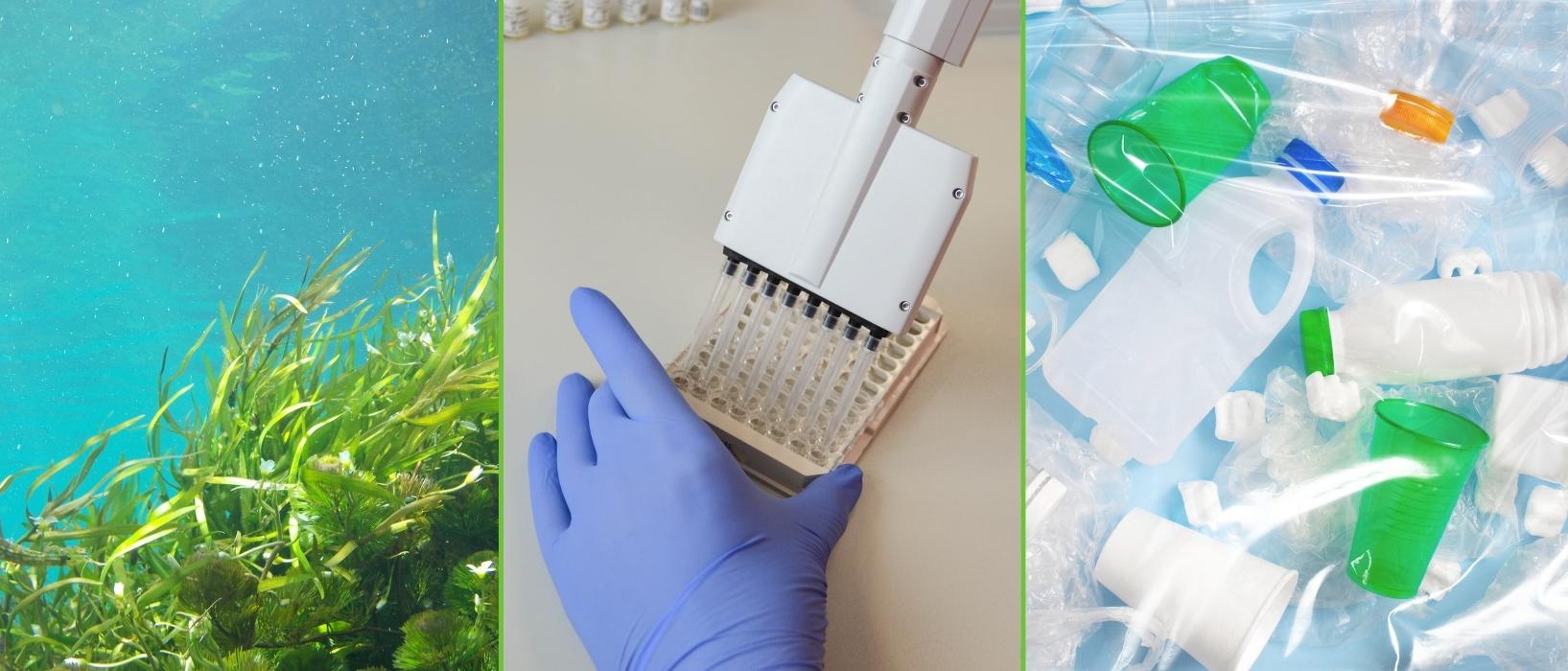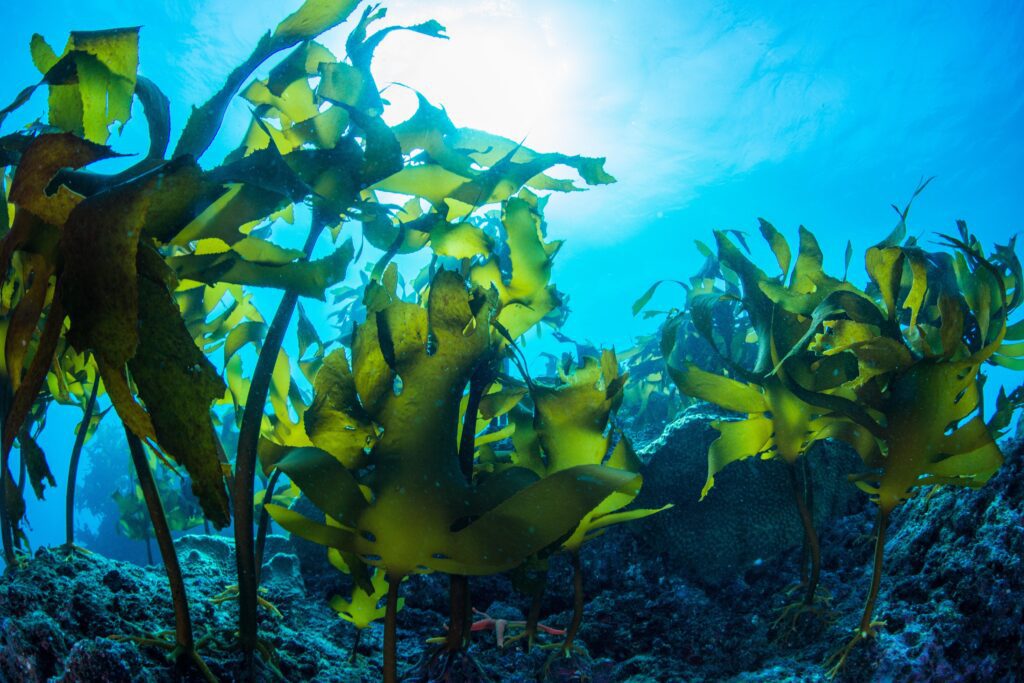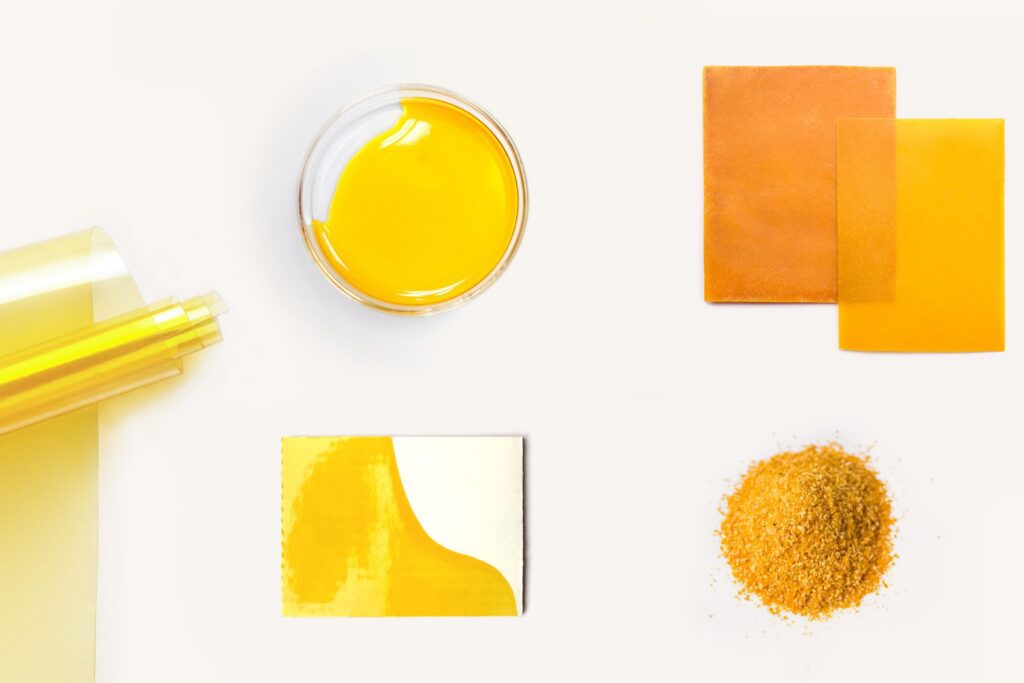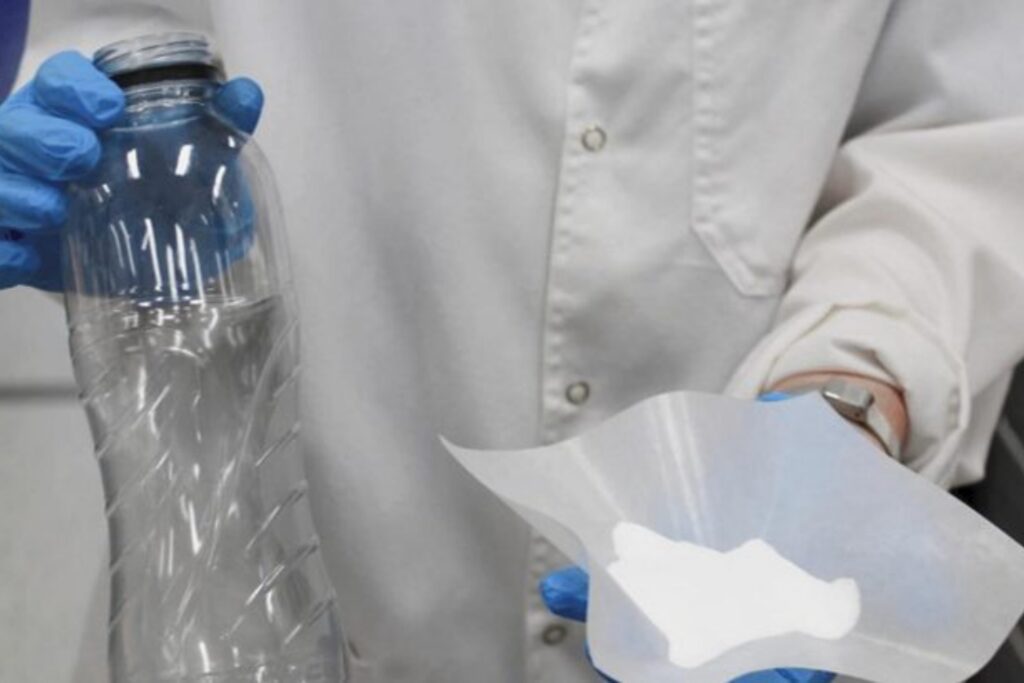
Plastic is a climate and waste issue that everyone is aware of. After all, it’s something that people come into contact with every day and footage of marine animals trapped by plastic waste provokes a strong emotional reaction.
Yet, removing plastic from our lives is easier said than done with it embedded into almost every part of our society, from consumer packaging to construction to agriculture. On top of that, plastic materials have useful properties which are hard to replicate.
It’s clear that innovation is needed if we are to move away from our plastic-fuelled society. Thankfully, it’s already underway, from new processes to entirely new materials. Here’s how three different innovators are doing it:
Edible Seaweed Packaging

Norwegian material science company B’ZEOS is working with huge companies such as Nestle and Spanish plastic manufacturer Aitiip to replace single-use plastic packaging with seaweed-based alternatives.
Seaweed is the ideal biomaterial, not requiring any fertilisation, pesticides, or freshwater – all of which are necessary for land-grown, crop-based biomaterials and come with a huge negative climate impact. On top of that, B’ZEO’s production processes are low-emission and do not use any toxic chemicals at all.
The formula for each packaging product is different depending on its use, but it has the potential to be a true innovation for many sectors, including food & beverage, electronics, cosmetics, and pharma.
Compostable Packaging from Agricultural Waste

Using agricultural waste materials, German start-up Traceless has created three new types of packaging – a film, a sprayable coating, and a hard plastic alternative – all of which are fully compostable and completely safe to use on food.
The hard plastic option can be used in 3D printers, dyed, moulded, and printed. Similarly, the film can also be dyed and printed, as well as heat-sealed.
The company is in the early stages of development with its technology currently patent-pending, but it could be a major player in the future.
Enzyme Technology to Break Down Plastic

Rather than developing a new material, Australian start-up Samsara Eco has been improving how we can better recycle the plastic that’s already been developed.
Enzymes—organic substances that help bio-reactions—are the key to the technology. The enzymes break down long plastic molecules into tiny little parts, a process which Is entirely carbon-neutral and can be performed at room temperature.
Samsara estimates that it will save three tonnes of carbon emissions for every tonne of plastic recycled using its process.




